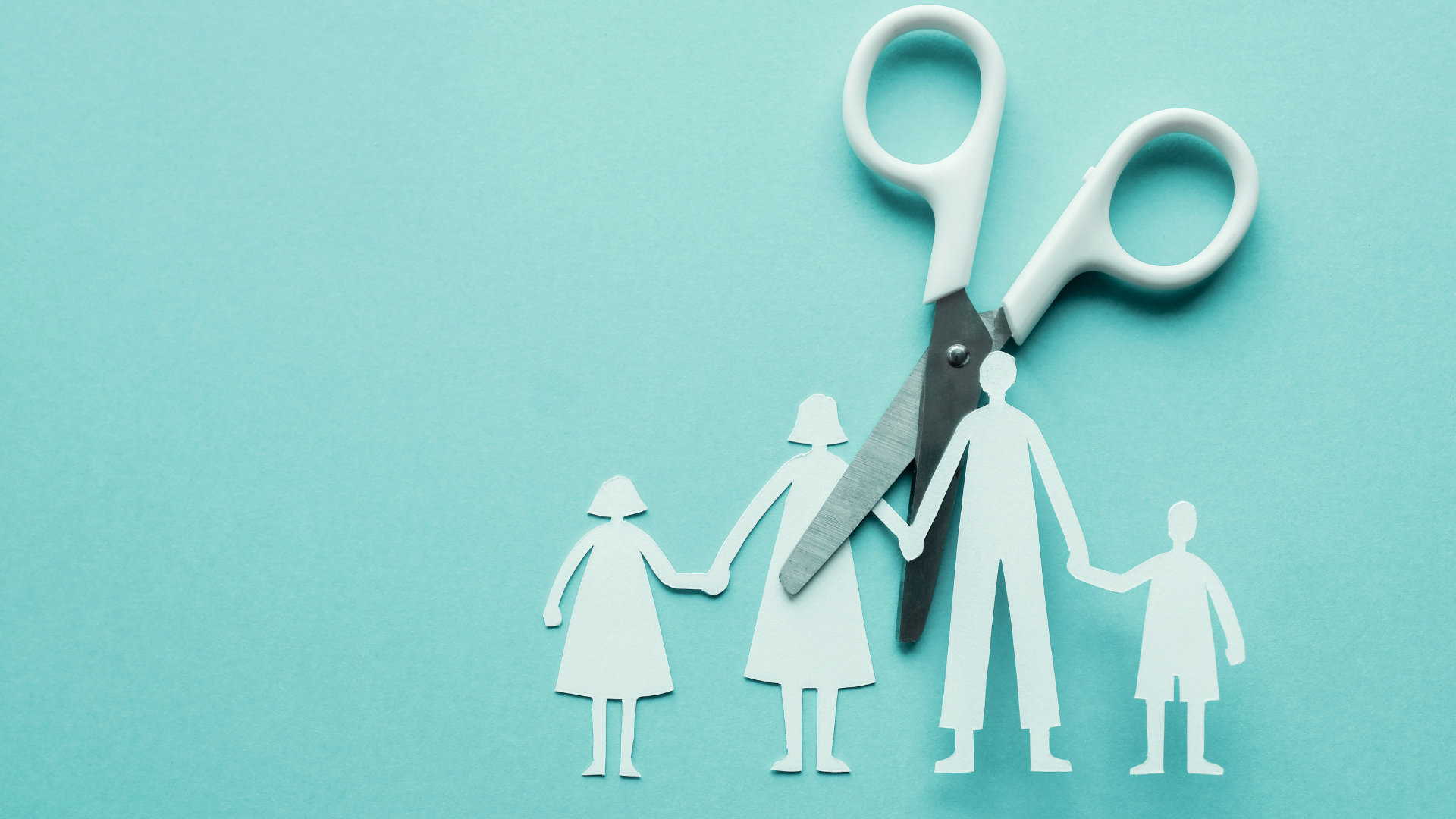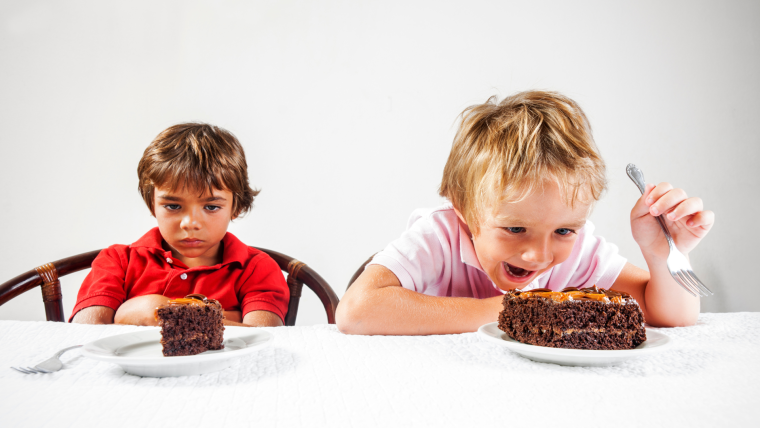Divorce can be a significant disruption in a child’s life, impacting their emotional, social, and cognitive development in various ways. Understanding these impacts can help parents support their children through this challenging time.
Emotional and Psychological Effects:
- Stress and Anxiety: The uncertainty and changes that come with divorce can cause stress and anxiety in children. They might worry about their future, where they will live, and the stability of their family.
- Feelings of Guilt: Children may blame themselves for the separation, thinking that their actions somehow contributed to the situation.
- Anger and Frustration: Feelings of anger can arise towards both parents, either for the upheaval in their lives or the perceived fault in causing the divorce.
Social Development:
- Changes in Behaviour: Children might exhibit changes in behaviour, becoming either withdrawn or aggressive. Social interactions, including friendships, may also be affected as the child copes with their inner turmoil.
- Difficulty in Trusting: Experiencing a parental breakup can lead some children to have trust issues, impacting their future relationships.
Cognitive and Academic Impact:
- Decreased Academic Performance: The emotional distress of divorce can lead to difficulties in concentration and a decline in academic performance.
- Cognitive Stress Responses: Chronic stress can affect a child’s cognitive development and their ability to process information and make decisions.
Long-Term Development:
- Adaptability Skills: While the challenges are significant, some children learn to develop strong adaptability and coping skills after experiencing their parents’ divorce.
- Impact on Future Relationships: The experience of divorce can influence a child’s views on relationships and commitment in the future.
Supporting Children Through Divorce:
- Open Communication: Maintain an open line of communication with your children. Allow them to express their feelings and reassure them that both parents will continue to love and support them.
- Stability and Routine: Keeping a consistent routine can help provide a sense of stability. Try to maintain regular meal times, school routines, and extracurricular activities.
- Professional Support: Consider seeking help from a psychologist or counsellor to help your child navigate their feelings and adjust to the new family dynamics.
Divorce is never easy, and the effects on children can vary significantly based on their personality, age, and the circumstances of the divorce. However, with mindful support and appropriate interventions, children can recover and continue to develop healthily. If you need guidance or support during this time, please visit Echuca Counselling. We provide professional advice and counselling to help families adjust and thrive even through challenging transitions.






